Creating and launching a new business is an exciting experience, but it can also be tricky to navigate with so many unknowns in the early stages. Success ultimately comes down to cash flow, so you are on the right track if you are making more than you are spending. However, if you are burning more cash than you make early on, this is common but should not be left unattended. As a business owner, you won’t always have a plan for how you are going to turn or maintain a profit, but these steps for starting your business finances off right can help you get started!
Establish Financial Goals
While building a multi-million-dollar business may be the primary goal, the best way to get there is by setting more realistic financial goals to meet along the way. The easiest way to start this process is by asking yourself these critical questions:
- Do I want to scale my business to something large or remain small forever?
- How large do I want to scale my business?
- Do I want to own this business in the long-term or grow it to be sold to a larger organization eventually?
- What is the timeframe and amount I plan on paying myself?
- What amount of revenue do I want to earn for the first year, the third year, and the fifth year in business?
- At what year or point in my business’s time do I want to turn a profit?
It’s not required to have all the answers to these questions right off the bat, but they should remain in your mind as you build your business. Before you know it, important decisions will arise that could steer your business in a specific direction, with the answers to these questions providing a road map.
Develop Financial Plans and Projections
Developing a financial plan is a critical step in dealing with your income. This consists of a rundown of your projected monthly and annual income along with any fixed or estimated variable expenses. By having an expectation for your business’s current financial outlook, you’ll avoid shocks and be able to best plan by recognizing and addressing areas of concern early on. For this to work, projected income should be as exact as possible and compared to actual income over time. Your plan itself should also be compared to real income and expenses for an actual image of your financial situation and to solidify the accuracy of future plans.
To avoid the significant torment of income issues, income projections should incorporate start-up expenses, finances, and deal forecasts. This will help prevent the potential for delinquent receivables or surprise duty-related costs that could put a damper on your financial plan. In addition, an income explanation or actual record of the money that enters and leaves your ledger should be kept consistent. This will further aid the accuracy of your financial planning with a projected income that is as exact as possible.
Separate Business and Personal Finances
When tax season rolls around, carrying one piece of plastic around won’t make life easier! Looking back at expenses from 12 months ago and separating those for your business and your personal life can be a daunting task. Any misstep could also trigger an audit from the IRS. To best avoid this situation, from the start of your business’s inception, you should do the following to separate your business and personal finances:
- Apply for an Employee Identification Number (EIN)
- Set up your business entity type
- Open a business bank account
- Obtain a business debit card
- Separate all your expenses
While separating your finances to make tax season easier may be reason enough, it can also help you claim valuable tax deductions, protect your personal assets, and build an excellent business credit score. To make the most of these benefits, you should separate your finances early on to avoid significant financial headaches later.
Create an Emergency Fund
Every sale, saved expense, or penny pinched matters in the early days of your business! Even though every dollar counts, it’s never too early to build an emergency fund for your business with a business savings account that makes the most of your deposits. With the recent COVID-19 crisis, many businesses relying on cash flow took a hit, solidifying the importance of a proper cash cushion. To get started, create a habit of setting aside a portion of your weekly, monthly, or quarterly revenue until you reach at least three months (or more) of liquid funds. These funds could be a lifeline for your business when the unexpected happens, and there is little time to wait for the funds provided by government programs.
Further down the line, as your business becomes more developed, obtaining a business line of credit is another great way to build an emergency fund. This flexible form of financing can be kept in your back pocket to fill in financial gaps during downtimes or provide a lifeline during emergencies. Upon approval, this funding is there when you need it with no obligation to use it, but when you do, the total amount is available following the repayment of any borrowed portion. This type of financing is excellent for immediate repairs to essential equipment, covering expenses in downtimes, inventory restocking, and more.
Are you a new business owner? Our business banking services are a great place to start your small business finances off right! Contact us today to get the financing you need.
{{cta(‘36364d8b-197e-4597-b02e-ce165efcf9d5′,’justifycenter’)}}





